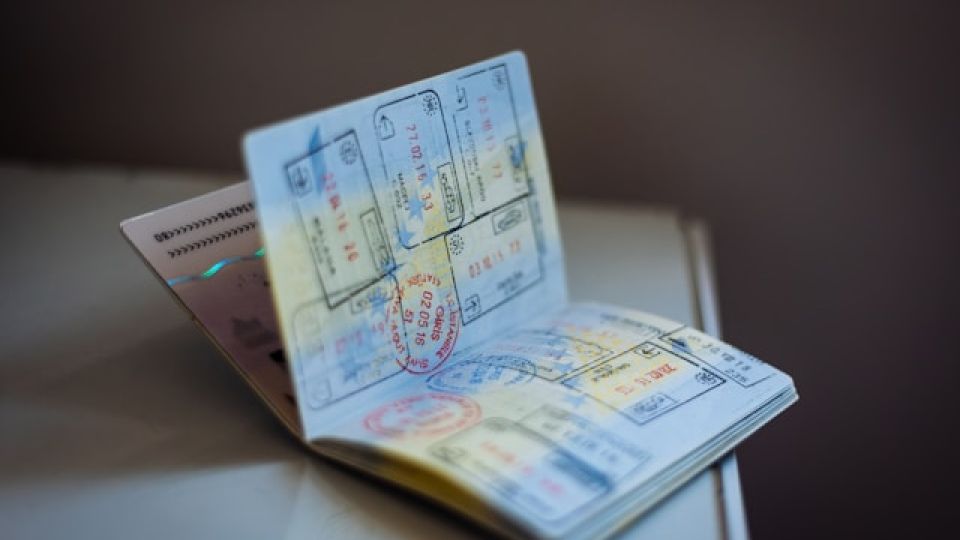April 22, 2025
SEOUL – Names on South Korean passports do not have to follow the government’s official romanization rules, according to a recent court ruling.
In its ruling unveiled Monday, the Seoul Administrative Court sided with the plaintiff in a case against the Ministry of Foreign Affairs, overturning administrative procedures that denied a name change based on government romanization standards.
According to the Passport Act, romanization of Korean names on Korean passports should follow the Ministry of Culture’s romanization guideline.
However, the court ruled that the guideline does not carry binding force, as there is no evidence that allowing alternative spellings would result in immigration control issues or compromise the credibility of Korean passports.
The ruling came after a couple applied for their daughter’s passport in 2023, requesting that her name be written as “Ta” in English. However, the passport was issued with the spelling “Tae,” in accordance with official romanization guidelines.
The local authority in Suwon, Gyeonggi Province, which processed the passport on behalf of the Foreign Ministry, had deemed “Ta” as inconsistent with romanization rules stipulated by the Culture Ministry.
When the parents asked for the name to be changed to their originally requested spelling, the Foreign Ministry rejected the request, citing the Enforcement Decree of the Passport Act, which allows changes only under limited circumstances.
The court stated in its decision that although the requested spelling, “Ta,” may not strictly align with official romanization rules, the rules are essentially a nonbinding guideline — not an enforceable legal standard.
The court emphasized that unless a requested name change could clearly undermine the international credibility of Korean passports or be exploited for criminal purposes, the government should not refuse such requests.
The ruling highlighted that rigidly applying romanization rules undermines the intent to allow flexibility in passport name spellings, particularly in cases where the name requested reflects commonly accepted English naming practices.


